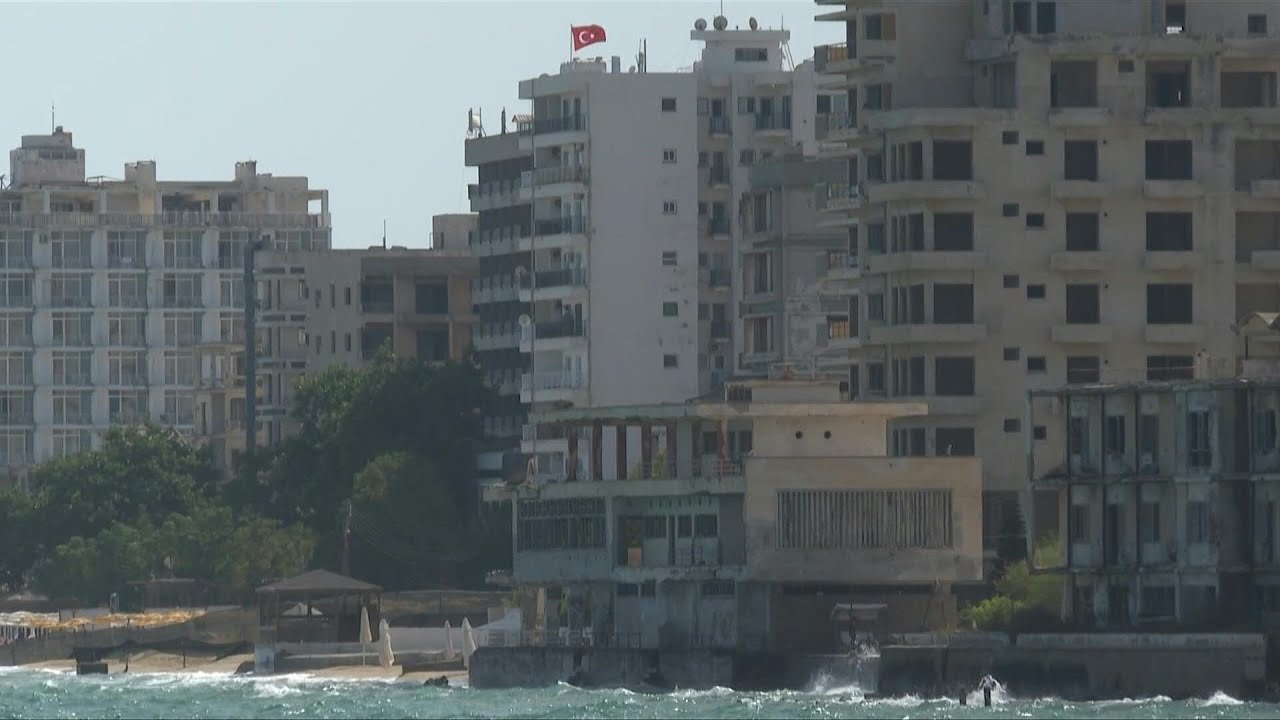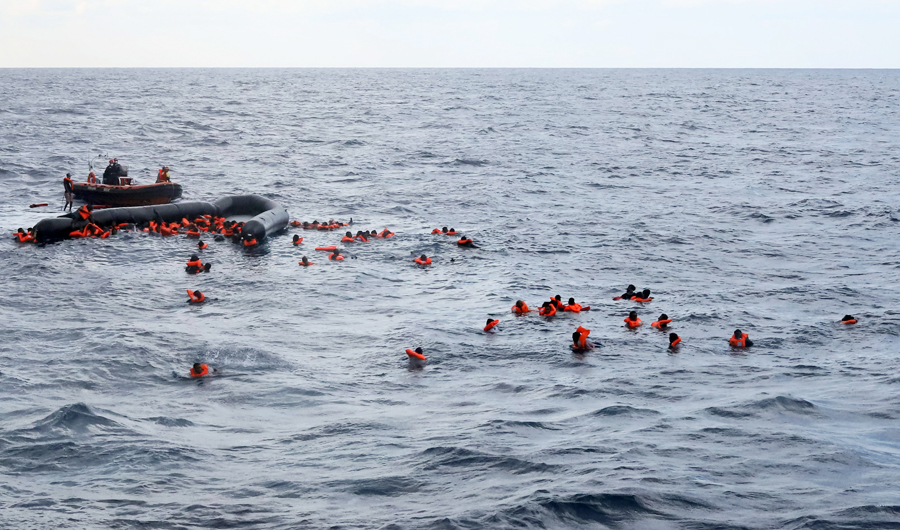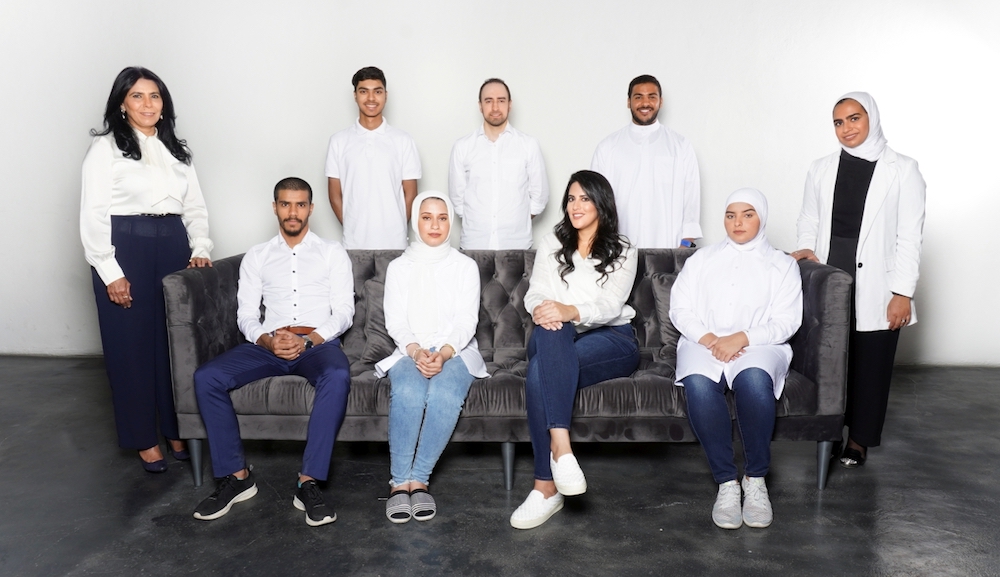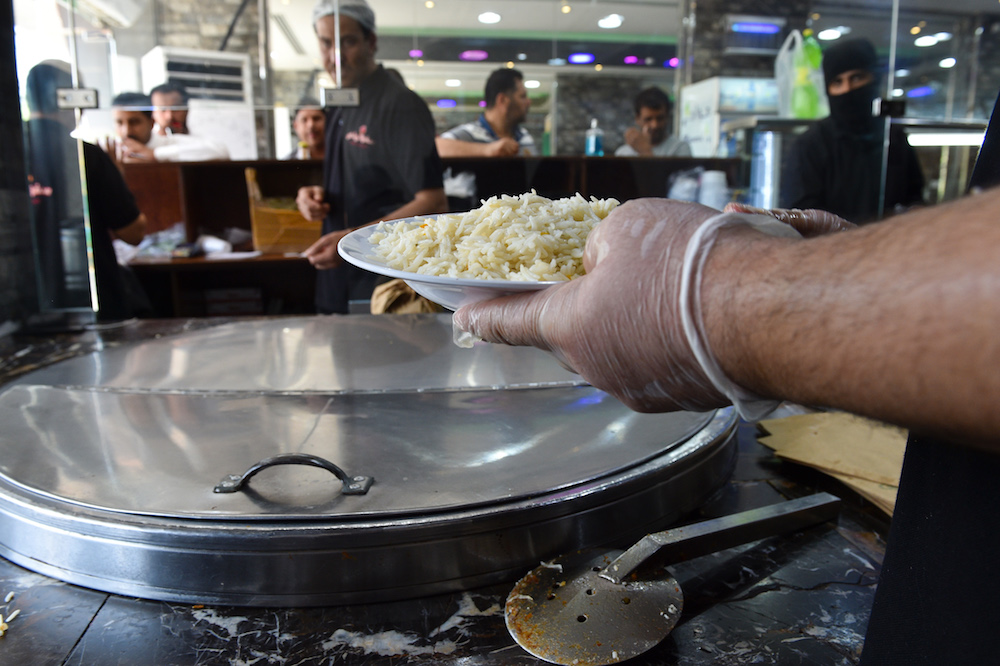Lebanese hospitals struggle with tide of COVID-19 patients
BEIRUT: As Lebanon entered into complete lockdown for two weeks from Saturday its hospitals are struggling to cope with the number of new COVID-19 patients, which is now around 2000 every day.
One 91-year-old, Zuhair Salem Al-Husseini, spent 10 days on a trolley in the section designated for COVID-19 patients at Makassed Islamic Charitable Society Hospital in Beirut because all the beds there were occupied, his daughter Heba told Arab News.
Al- Husseini spent two days in the emergency department, to complete his treatment at home because there were no isolation rooms. But his children took him back to the hospital as his condition deteriorated and he was treated with remdesivir.
He said that he did not know where he caught the infection because he rarely leaves home. “About 20 days ago, I felt I needed to vomit and I had a very high temperature. From that moment, my journey with fighting the coronavirus began.”
His daughter Heba said that after her father was discharged from hospital he did not receive any special treatment to follow at home.
Al-Husseini said: “I have never been to a doctor all my life, and I do not suffer from any disease. I am a smoker and I used to smoke two or three cigarettes with a cup of coffee before I caught the disease. When I learned about my infection, I was not afraid. I accepted it calmly and said I want to survive and encouraged myself.”
His 80-year-old wife did not contract the virus even though she accompanied the patient during his illness.
There are more than 44,000 COVID-19 patients in Lebanon, 307 of whom are in critical condition, according to Ministry of Health statistics. The total number of cases since last February has exceeded 100,000 cases.
The Minister of Health in the caretaker government, Hamad Hassan, promised that “the two-week-lockdown will witness an intensification of testing campaigns for early detection of those infected with the virus because this diagnosis leads to the immediate isolation of cases at home to relieve the pressure on hospitals.”
Dr. Firas Al-Abyad, director of the Hariri Governmental University Hospital, announced that “the hospital’s beds are full and the hospital can no longer receive any new cases.”
He said that “6 cases arrived on Saturday morning at the hospital emergency room, including 4 in critical condition, and they were kept in the emergency department because there were no vacant beds in the treatment department.”
Al-Abyad said that “the recording of 21 deaths on Friday raised the total number of corona deaths in the past five days to 73.” He anticipated that “Lebanon will record the highest weekly death rate resulting from Corona since the beginning of the pandemic.”

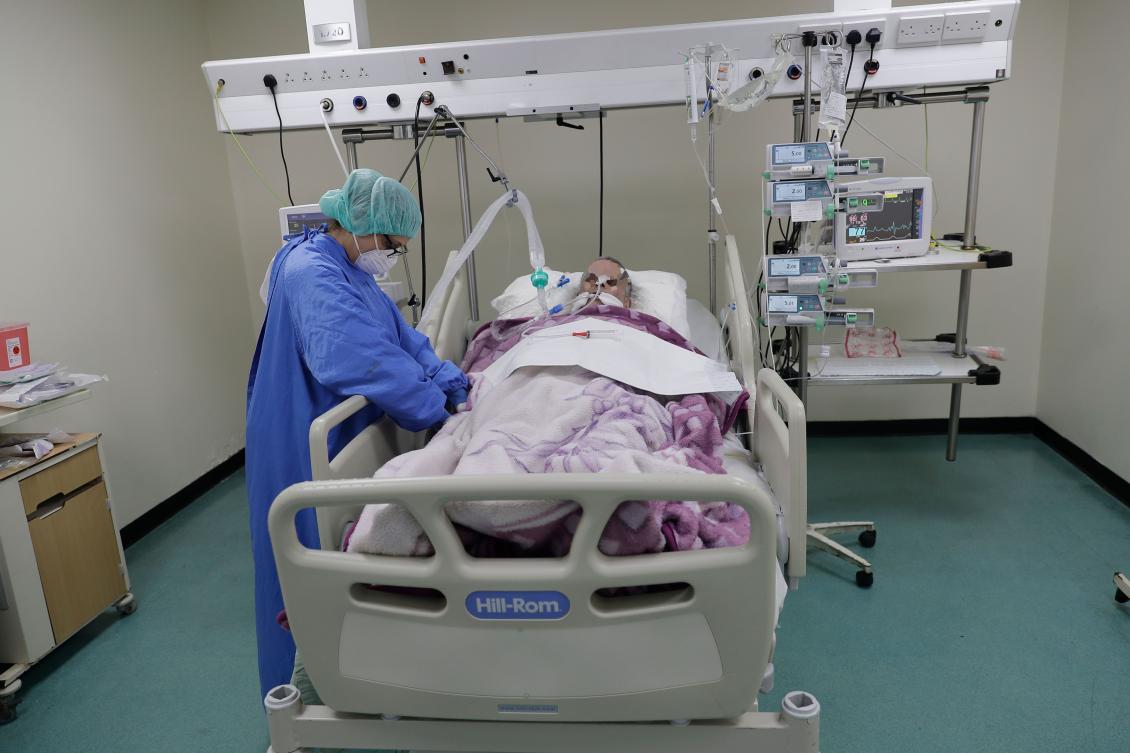
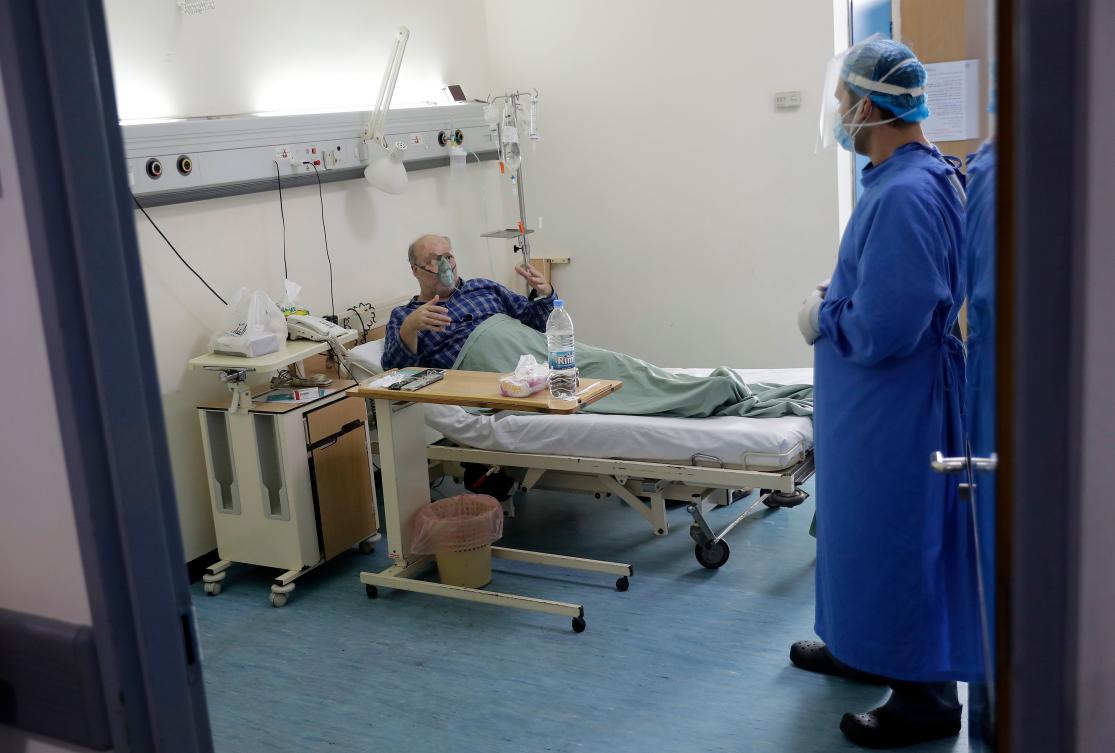
Lebanon begins 2-week lockdown as COVID-19 cases surgeFrance urges speedy government formation in Lebanon
